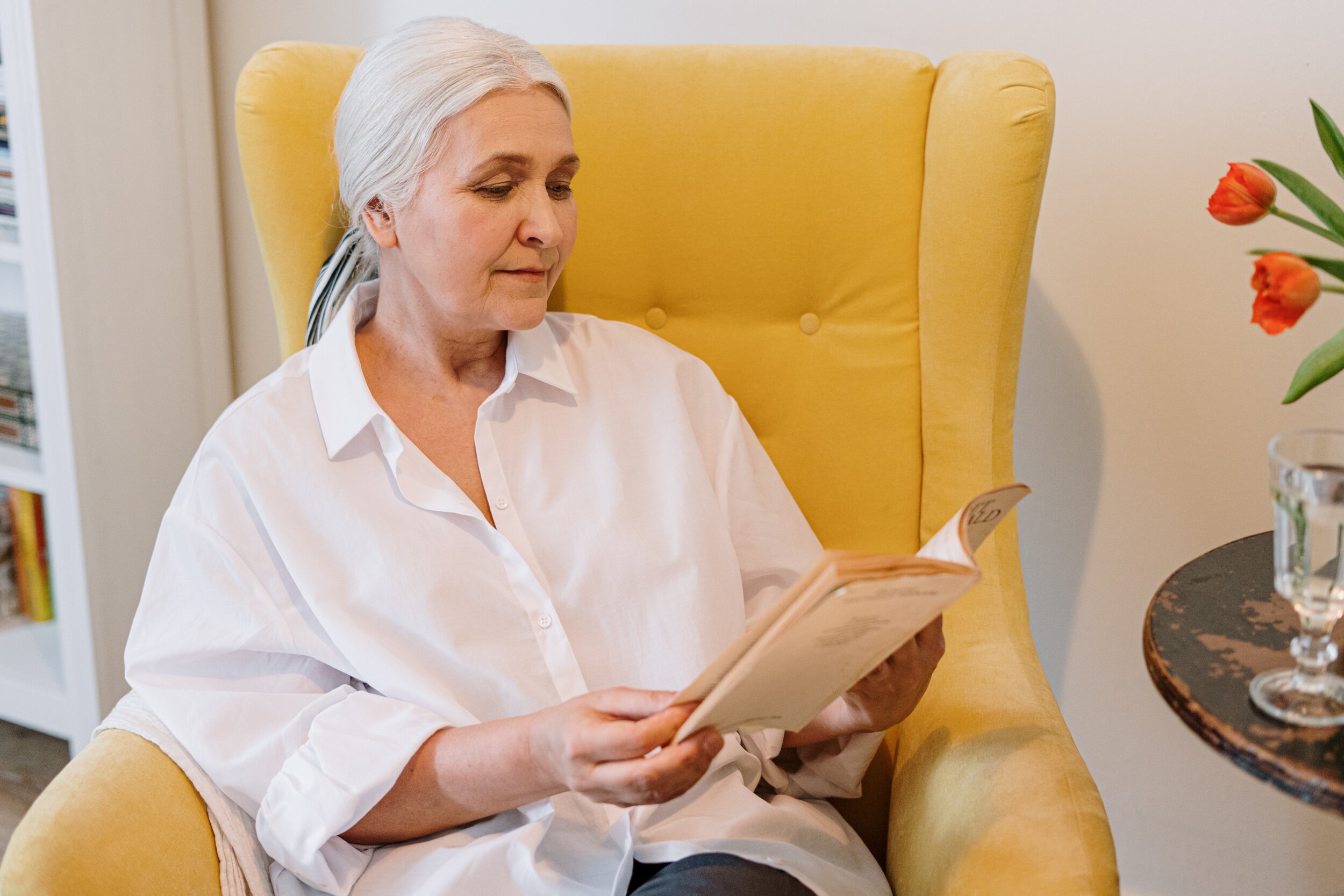Menopausal Care
Menopausal Care
Menopause is defined as the time when you stop having a period and you’re no longer fertile. Before menopause is diagnosed, you shouldn’t have had a period for 12 straight months. During the menopause, your body makes only small amounts of the female sex hormones Estrogen and Progesterone. Many of the symptoms associated with menopause, often start before actual menopause, a time known as Perimenopause. Menopause is a major change in your health life status and you should not have to navigate this challenging period on your own. Dr. Diez and our expert team can help you transition through menopause and face the accompanying symptoms, health changes, and outlook towards the new lifestyle.
What are the symptoms of menopause?
The symptoms of menopause are actually Perimenopause, which occurs, on average, about four years prior to the onset of actual menopause, and can last for up to 10 years in some women.
These symptoms typically include:
Hot flashes and night sweats
Thinning, dry vaginal tissue
Painful intercourse and changes in libido
Sleep disturbances
Moodiness and trouble concentrating
The average age of menopause in the United States is 52, However, Perimenopause symptoms can start as early in your 40s. You may also pass through menopause early in life if you have had a hysterectomy or certain treatment for a condition such as cancer.
Once you’ve progressed through menopause, when you’ve gone 12 months without a period, the lower hormone levels can raise your risk of certain health problems, including heart disease and osteoporosis, which may require monitoring by a professional, such as experts at our Center.
Lichen Sclerosus
Lichen Sclerosus (LIE-kun skluh-ROW-sus) is an uncommon condition that creates patchy, white skin that appears thinner than normal. It usually affects the genital and anal areas. Anyone can get lichen sclerosus but postmenopausal women are at higher risk.
Your doctor can suggest treatment with creams or ointments that help return a more normal appearance to your skin and decrease the tendency for scarring. The condition does tend to recur, so long-term follow-up care may be needed. Rarely, Lichen Sclerosus improves without treatment.
The risk of Lichen Sclerosus is higher for postmenopausal women, although it can occur in men and children. Men who are uncircumcised have a higher risk because the condition often affects the foreskin.
Complications of lichen sclerosus include painful sex, urinary retention, constipation and an inability to retract the foreskin. People with lichen sclerosus are also at an increased risk of squamous cell carcinoma of the affected area.
People with mild Lichen Sclerosus may have no signs or symptoms.
Signs and symptoms usually affect the skin of the genital and anal areas, but may also affect the skin of the upper body, upper arms and breasts. They may include:
Redness
Itching (pruritus), which can be severe
Discomfort or pain
Smooth white patches on your skin
Blotchy, wrinkled patches
Tearing or bleeding
In severe cases, bleeding, blistering or ulcerated sores
Painful sex




